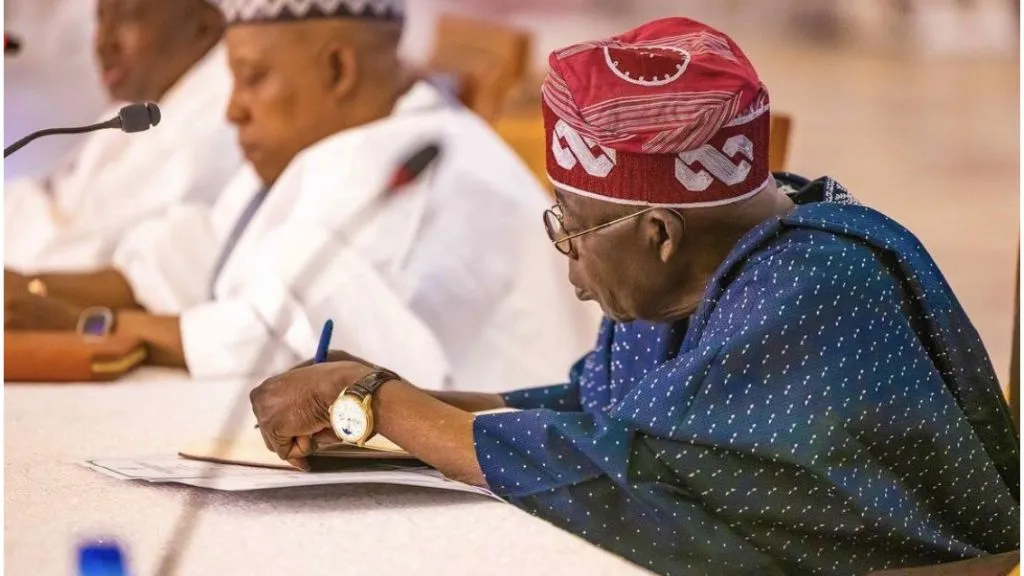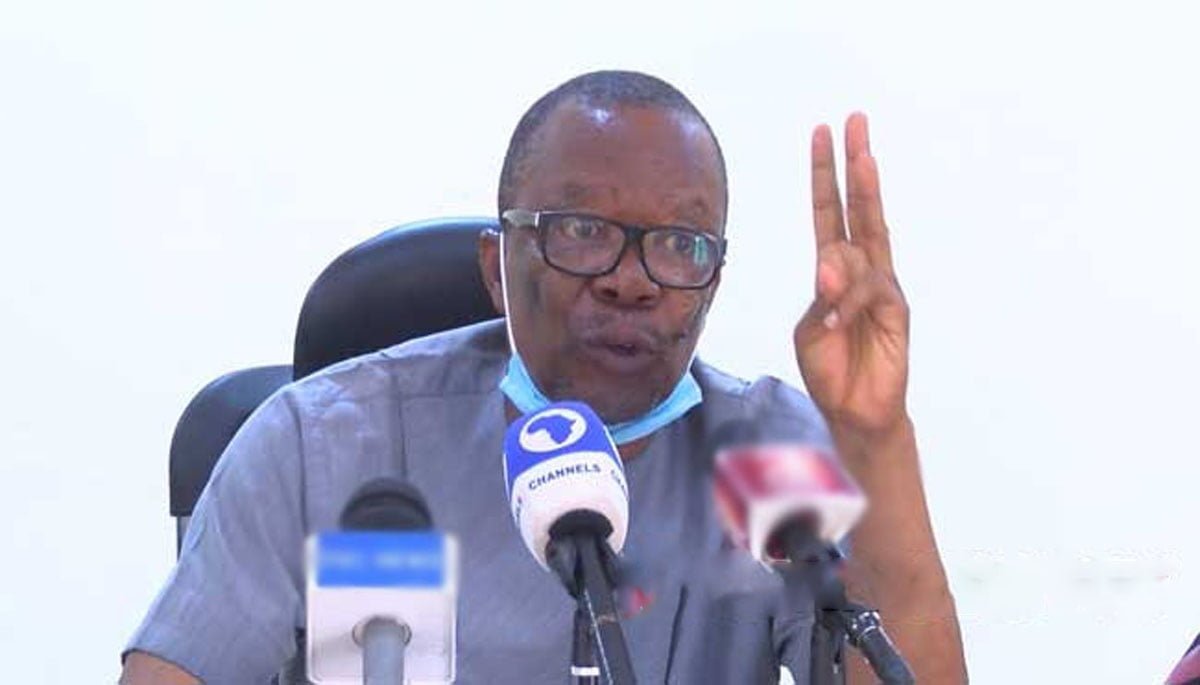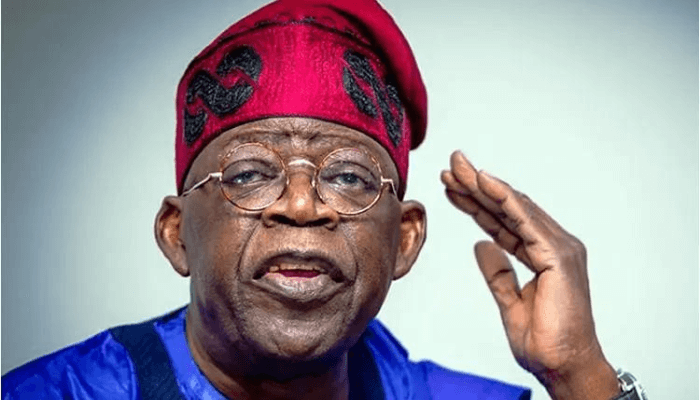In 2022, when Omoniyi Grace was a 100-level student in the department of sociology at the University of Ilorin, she spent between N1500 and N1700 on transport weekly.
When Bola Tinubu, Nigeria’s president, announced the removal of fuel subsidies during his inauguration in May 2023, Grace’s expenses took an unexpected turn, and so did her life. The price of fuel increased, and so did the cost of transportation. As a result, the prices of goods and services also increased.
Since 2023, Grace has been spending N3000 on transport to school weekly. Also, she has been spending more on feeding, but the allowance she receives from her parents remains the same. Although her parents wish to increase her allowance, they cannot do so because their salary has also remained the same. Like Grace and her parents, this has been the experience of many Nigerians.
According to NNPC, Nigeria was spending above N400 billion on fuel subsidies. When Tinubu announced the fuel subsidy removal in 2023, it was met with mixed feelings. While some argued that Nigeria was spending way too much on subsidies, others were of the opinion that their removal would result in unprecedented hardship for Nigerians.
READ ALSO: Corruption, Secret Businesses… 6 Presidential Aspirants Enmeshed in Scandals
The president told Nigerians the money spent on fuel subsidies would be channelled into more productive things. “We shall instead re-channel the funds into better investment in public infrastructure, education, health care and jobs that will materially improve the lives of millions,” said Tinubu during his inauguration.
Since then, however, there hasn’t been any real change. Rather, Nigeria has seen a trend of lavish spending on unimportant things.
Although fuel subsidies were removed, the cost of governance, which has been argued by many as ridiculously expensive and unnecessary, such as the salaries and allowances earned by Nigerian politicians – one of the highest in the world – remains the same.
According to Joachim MacEbong, a senior analyst at Stears Insights, the removal of fuel subsidies is justified because Nigeria does not make enough money to maintain this status.
“We need to remember that Nigeria does not have the money it needs to do what it needs to do, but even the money it has is spent on things that are not productive,” MacEbong told FIJ.
The senior analyst told FIJ that Nigeria has a spending problem as well as a revenue problem. For years, the country has been relying on debts to finance its budgets. As of September 2023, Nigeria’s debt profile was N87.9 trillion.
READ ALSO: Influencers Running Coordinated Campaign for Betta Edu’s Reinstatement
Despite this, the Nigerian government still continues the wasteful spending trend without minding the impact on the economy. For instance, last year, N57.6 billion was spent on the procurement of sports utility vehicles (SUVs) for the National Assembly’s 469 lawmakers. In addition to this, N1.5 billion was allocated to the first lady’s office for cars, N2.9 billion for the procurement of SUVs for the presidential villa and an additional N2.9 billion to replace operational vehicles for the presidency.
Also, the Nigerian government sent 1411 delegates to COP28 in December 2023. Many of these delegates were people who had no proven record of showing interest in climate change and could have just stayed back in Nigeria and joined the conference virtually, but the government sponsored their trips.
This development came at a time the economy was biting hard and Nigerians were trying to adjust to the persistently increasing inflation brought upon the country as a result of the increased cost of fuel. Many people, including MacEbong, have argued that all of these expenses were unnecessary and could have been channeled into something more beneficial.
“These are funds that can go into things like roads and other human capital development that the country badly needs. For example, even at the primary school level, that money could be used there; at primary healthcare centres, that money could be used to equip and furnish these facilities. It could also go into ensuring that we can retain our doctors and teachers, but that money did not go to those things, ” he added.
Prof. Segun Abiola, a professor of economics at Babcock University, told FIJ in an interview that wasteful spending and economic waste had always been an issue in Nigeria. The professor added that this issue could be traced to the military regime in the country.
“Even during the military regime, this issue was there, although the problem of Nigeria then was not the availability of money but how to spend it,” said the professor.
WASTEFUL SPENDING HAS FAR-REACHING CONSEQUENCES
This spending problem immerses the country in deep problems that affect the average Nigerian. As MacEbong argued, the funds that ought to have been channelled into more productive ventures like providing infrastructure and equipping them are being wasted on non-productive things that can be done when the economy recovers.
For many years, Nigerians have decried poor infrastructural facilities. The country has now become a haven of abandoned projects. Sometimes, these projects either take years to complete or are substandard. Across Nigeria, there are tens of thousands of abandoned projects, including healthcare facilities.
“We now see issues that border on project abandonment, project lingering, execution delays and white elephant projects,” said the professor.
Nigeria is experiencing a brain drain across various sectors. Many professionals, including doctors, are leaving Nigeria in search of greener pastures, while the ones behind are decrying poor salaries and an unconducive working environment caused by inadequate facilities.
Although MacEbong argued that the removal of fuel subsidies is justified, he also opined that the government should have put in place things that would ease the burden on Nigerians. “If you are going to remove the subsidy and put in place things that will make it easier for Nigerians, you are going to need the leadership of the country to take on board the reality that things should not go on as usual, but we haven’t had that,” he said.
“We see that the budget itself has kept growing, and they just keep adding things that should not be there, especially given the challenges that we are already facing.”
Last week, Nigeria’s president announced his intention to reduce the entourage that would be accompanying him on local and international travels. While this move was applauded by many as a step in the right direction towards cutting down wasteful spending, we haven’t yet seen evidence of the change.
“These are the kinds of things that make people realise that, as far as the government is concerned, when they talk about asking people to be patient and bear with the changes, there is no real action,” said MacEbong.
Subscribe
Be the first to receive special investigative reports and features in your inbox.















